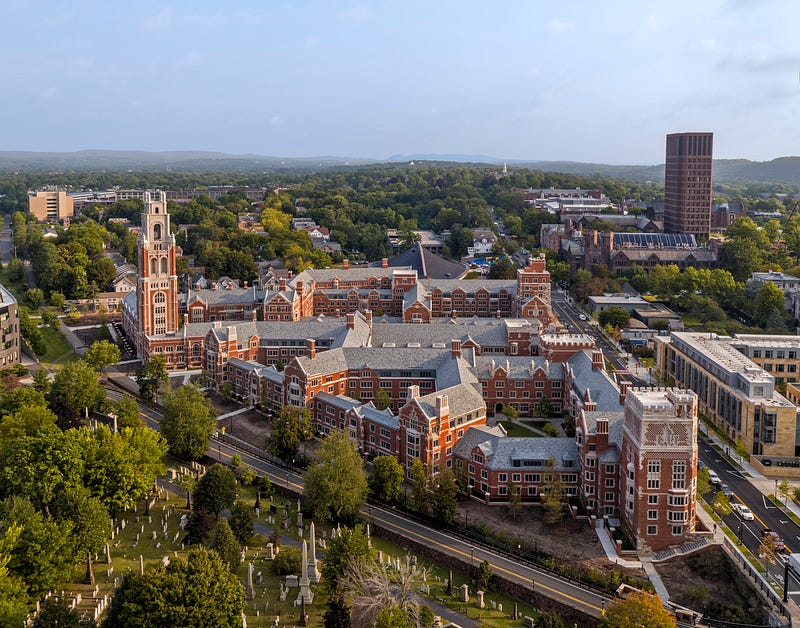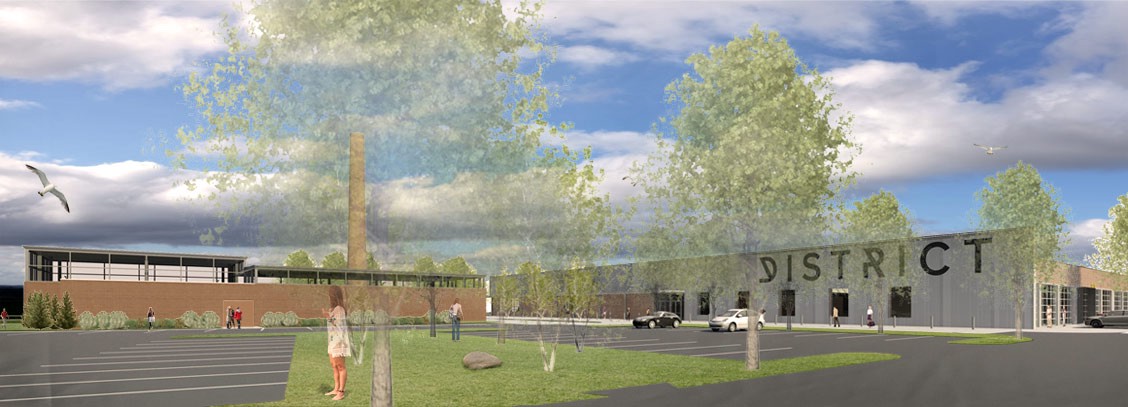by Shauntel Garvey

Many people recognize New Haven, Connecticut as the home of Yale University, one of the most prestigious academic institutions in the world. Yale graduates benefit from a strong alumni network and will likely earn more than twice as much as non-ivy league college graduates. With only a 6 percent acceptance rate, however, not everyone will get access to the opportunities afforded by a Yale education, including many of the residents living in the surrounding region.
But what about outside Yale’s tree-lined campus where a diverse community (33% Black, 30.8% White, and 28.6% Hispanic) experiences economic disparities? An Ivy League education isn’t affordable to everyone, nor does everyone have the background, “zip code” or connections for Yale. These are the very people needed to ensure that tech, particularly in the age of artificial intelligence and machine learning, becomes diverse. Diverse not just in skin tone, or gender, but in experiences.
New Haven’s economy was originally based in manufacturing with a large working-class population. The city suffered as the postwar period led to rapid deindustrialization. At the same time, the growth and expansion of Yale shifted the economy to services and over half (56%) of the city’s economy is now made up of services, in particular education and health care. Today, 26 percent of New Haven residents live in poverty, more than double the US average. New Haven and the surrounding metro area also top lists of locations with high and rising income inequality. Low educational attainment is one of the key drivers of these income inequalities, and Hispanic and black residents have lower educational attainment than white residents.
Yet, where there are challenges, there are also opportunities.
Enter the Holberton School. Holberton recently selected New Haven as its next location for three primary reasons: (1) economic growth driven by technology, (2) a high demand for tech talent, especially diverse tech talent, and (3) affordability. The school will be located in Yale’s backyard at the District Building, a community-based innovation campus with office and coworking space for entrepreneurs and businesses.
Holberton School New Haven is modeled after its flagship San Francisco location and aims to democratize access to a software engineering education. It has a blind admissions process and no programming experience is required to attend. Students pay no upfront tuition with the Income Share Agreement (ISA) financing option and only pay a percentage of their income after finding a job. The two-year college alternative program also has a unique peer-to-peer and project-based learning model.

Not only will local residents have access to this new educational opportunity, but students across the country who previously could not attend Holberton due to living costs now have a lower-cost alternative as New Haven is 60% cheaper than San Francisco. Fortunately, graduates of Holberton School New Haven can look forward to a plethora of opportunities and career mentors right in the region as local companies like Comcast, Lockheed Martin, IBM, Thermo Fisher Scientific, Stanley Black & Decker, and Sikorsky are going through a digital transformation and hungry for technical talent. Furthermore, web developers, computer systems analysts, software developers, and computer and information systems managers are among the top 20 fastest-growing occupations in Connecticut.
As Holberton enters New Haven, it will be instrumental in providing high quality educational opportunity to the broader community, especially to those that cannot attend Yale and other ivy league institutions. Students from Holberton SF have already landed jobs at Google, Facebook, Apple, LinkedIn, and Tesla, which typically recruit ivy league and other top college graduates.
Holberton School New Haven is working in partnership with the community to build a vibrant and thriving technology ecosystem that benefits the entire New Haven community. In this way, Holberton could become more than an educational institution, but also an instrument for community economic development. Stay tuned, your city could be next!


